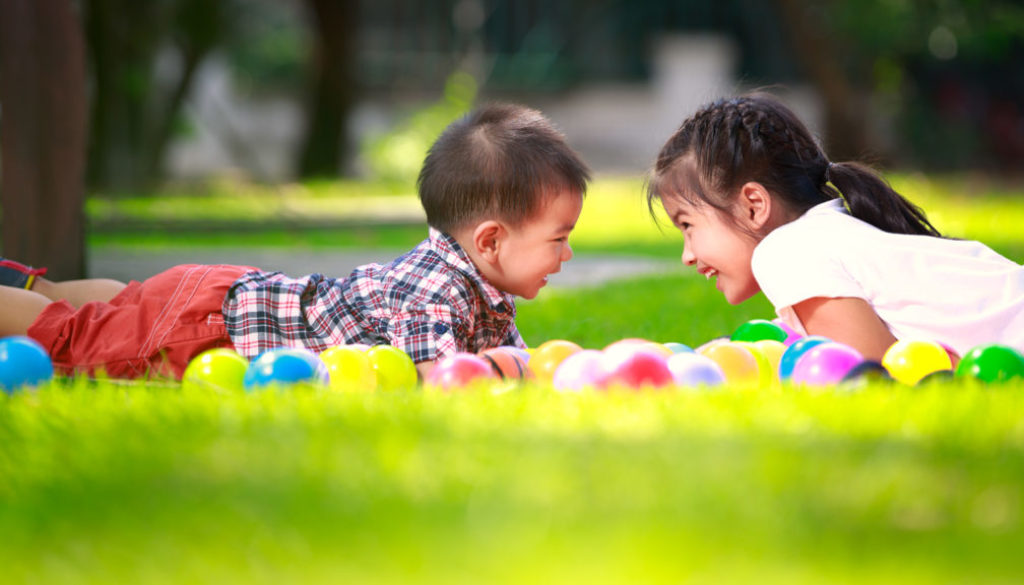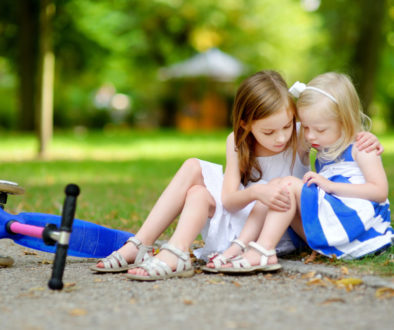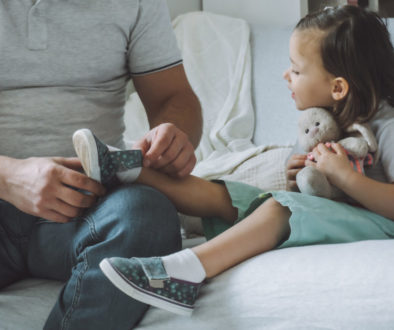Encouraging Toddler Friendships

Friendships during early childhood are a vital part of a child’s emotional growth and promote good mental health. During toddlerhood, children are more ready, willing, and able to connect with others. In addition to gaining important social skills, toddlers become more independent and increase their language skills just from watching their peers. They can’t do it on their own though; parents play a crucial role in providing children with plenty of opportunities to practice getting along with others.
Research shows that friendships are an important part of development for children under age seven. These early friendships give children valuable ways to learn and practice skills related to social, cognitive, communicative, and emotional development.
Some benefits of learning how to navigate early childhood friendships are:
- Increased sensitivity to other’s feelings
- Opportunity to practice communication and the rules of conversation
- A better understanding of age-appropriate behavior
Below are some tips to help make play dates and other social gatherings successful for your toddler.
- Give your child and their friends different options for play. For example, you could say, “Would you like to play with blocks or cars?” Praise the children when they decide on something together – for example, “I love the way you two worked that out together”.
- Put your child’s special toys away when friends come over. Let your child be involved with this and choose the toys to put away that they don’t want others to play with. This can stop arguments from starting.
- Go with the flow. Follow your child’s lead and try not to push your child to interact. Allow them to engage in parallel play–playing quietly near, not with, each other. Eventually they will show that they understand the social dynamic by smiling at them and imitating their actions.
- Keep it simple. Set the stage by arranging small play dates or social activities for your child. Seeing a few familiar faces on a regular basis will build recognition skills and encourage meaningful play.
- Set a time limit for the playdate and time it right. A tired or hungry toddler is probably not going to be in the best mood to socialize with others. Avoid play dates that are too close to nap or mealtime. When children get tired or hungry, they often find it harder to cooperate. It’s good to finish play time on a positive note with everyone wanting to do it again.
The many benefits of childhood friendships are long lasting and carry into adulthood. Adults who have built strong relationships from early childhood tend to have greater success in their lives, both personally and professionally. Remember, play is a child’s first opportunity to build relationships. By creating an environment where children can form friendships with their peers, we are investing in their long-term success.





